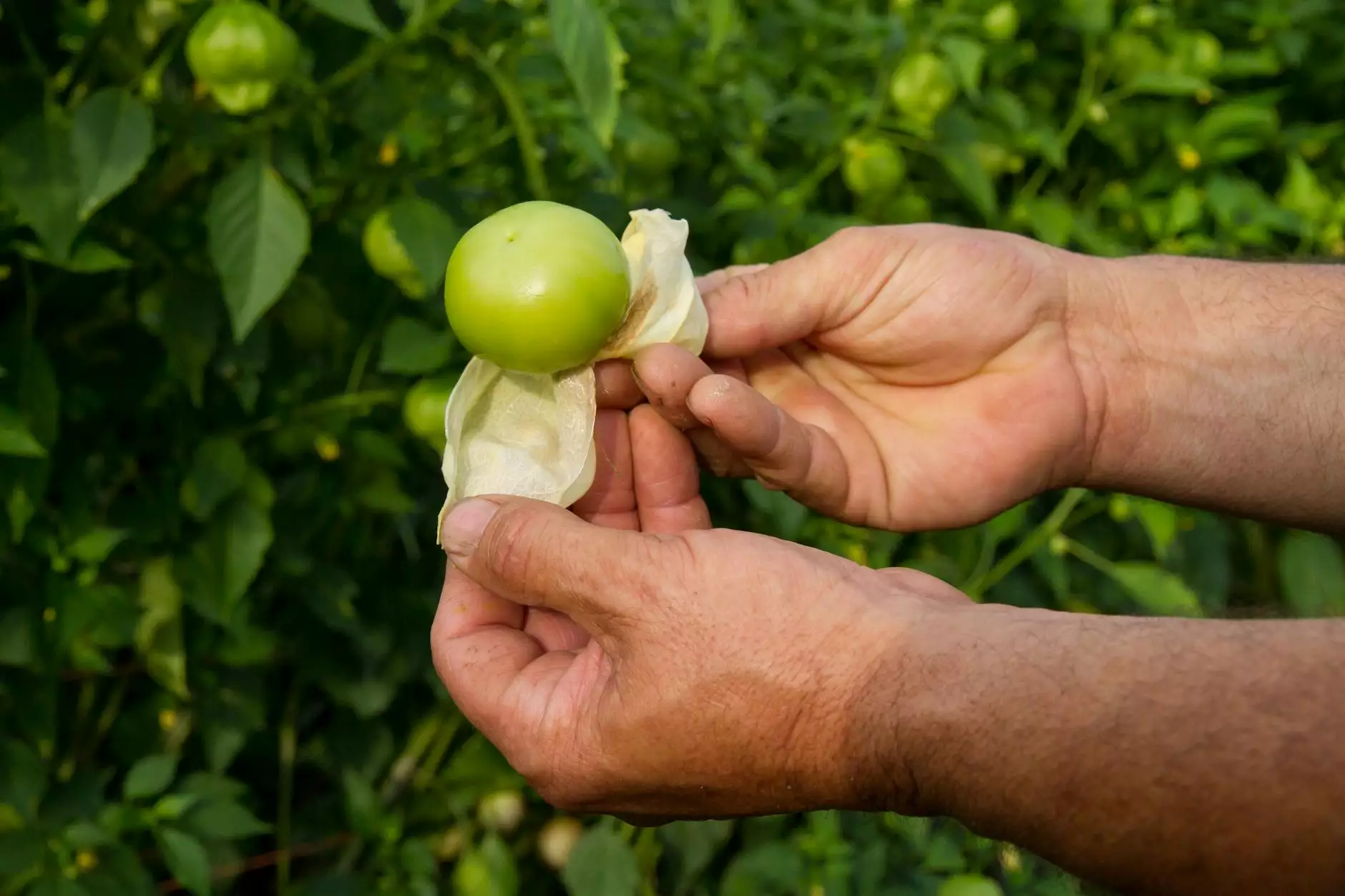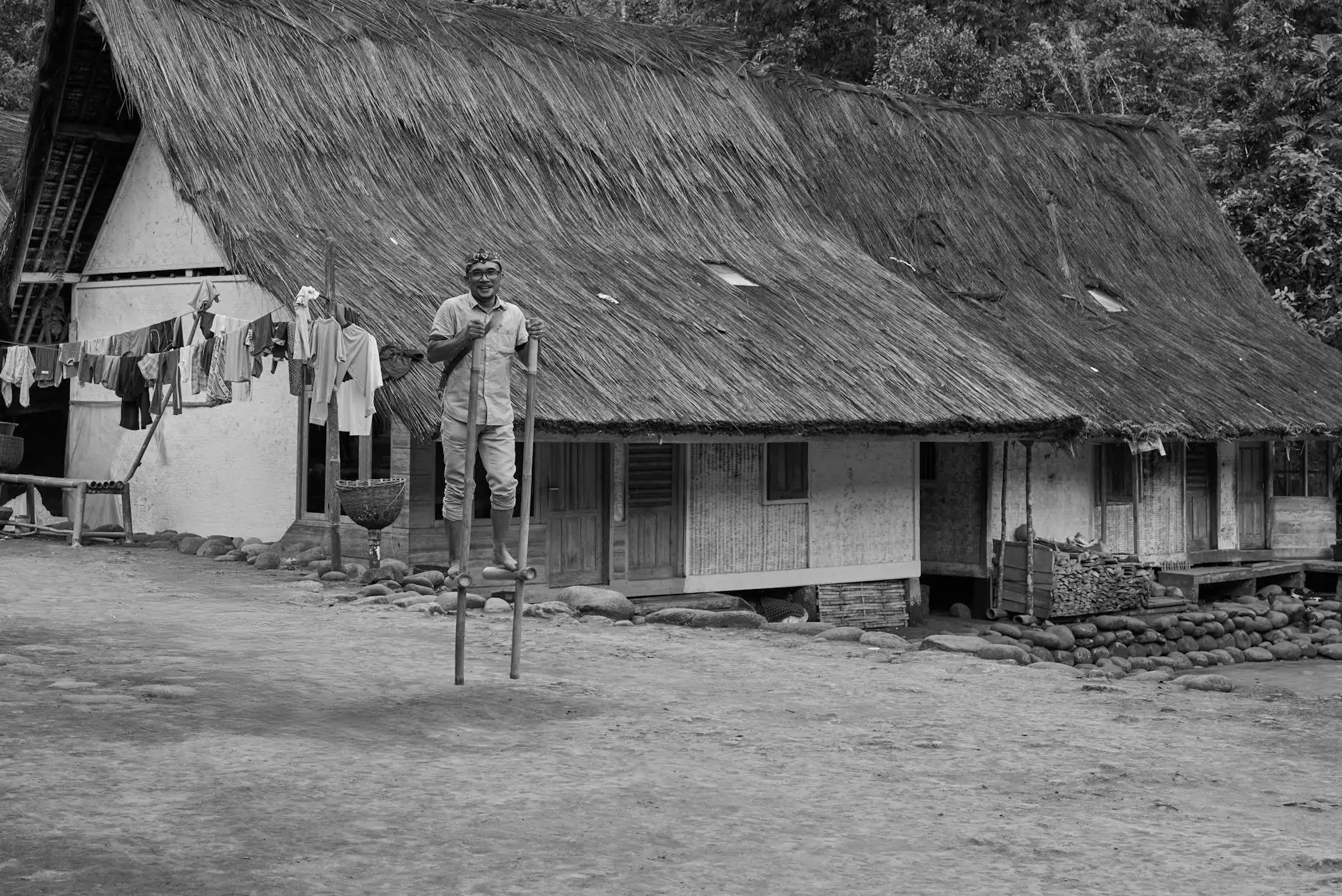The Ultimate Guide to T-Shirt Fabric Types

When it comes to custom t-shirt printing in Australia, choosing the right fabric is crucial. The fabric not only affects the overall look and feel of the t-shirt but also influences the longevity and wearability. This comprehensive guide aims to delve deep into the various t shirt fabric types available in the market, helping you make informed decisions for your next custom t-shirt project.
Understanding T-Shirt Fabrics
Before exploring the different fabric types, it's important to understand what "fabric" means in the context of t-shirt manufacturing. Fabric is made from woven or knitted textile fibers. The choice of fabric can significantly affect the characteristics of the final product, including weight, texture, and drape.
The Importance of Choosing the Right Fabric
- Comfort: The primary reason for choosing the right fabric is comfort. Certain fabrics can feel better on your skin and provide greater breathability.
- Durability: Different fabrics have different wear and tear properties. Choosing a durable fabric can enhance the lifespan of your t-shirt.
- Style: Fabric types can significantly influence the style of the final product. A t-shirt made of high-quality material can look more polished than one made from a cheaper alternative.
Common T-Shirt Fabric Types
Here, we will discuss the most popular t shirt fabric types that are prevalent in the custom t-shirt printing industry.
1. Cotton
Cotton is arguably the most popular fabric for t-shirts due to its natural fibers, softness, and breathable characteristics.
- 100% Cotton: Offers maximum comfort and breathability, making it ideal for casual wear.
- Combed Cotton: A type of cotton that has been processed to remove impurities, resulting in a smoother finish.
- Ring-Spun Cotton: Made by twisting and thinning cotton strands, ring-spun cotton has a softer feel and is more durable than regular cotton.
2. Polyester
Polyester is a synthetic fabric known for its durability and moisture-wicking properties.
- 100% Polyester: Ideal for athletic and performance t-shirts as it keeps the body cool and dry.
- Polyester/Cotton Blends: These blends combine the comfort of cotton with the durability and wrinkle-resistance of polyester, making them a popular choice for custom t-shirts.
3. Tri-Blend
Tri-blend fabrics are a combination of three different materials and typically include cotton, polyester, and rayon.
- Softer Feel: Tri-blends have a unique softness, which makes them very comfortable.
- Stretch: They often have great stretch and drape, making them suitable for various body types.
4. Rayon
Rayon is a semi-synthetic fabric made from regenerated cellulose fiber.
- Soft and Comfortable: Known for its softness and smooth texture, rayon t-shirts are perfect for layering.
- Breathable Fabric: It’s also very breathable, making it great for warm weather.
5. Linen
Linen is an ancient fabric known for its coolness and freshness in warm weather.
- Natural Fibers: Made from flax plants, linen is fully biodegradable and eco-friendly.
- Durable: Linen is incredibly strong and durable, with a luxurious appearance.
6. Hemp
Hemp fabric is gaining popularity as an eco-friendly alternative to more common types of fabric.
- Durability: Hemp t-shirts are known for their exceptional strength and durability.
- UV Resistance: Remarkably resistant to UV rays, making it great for outdoor activities.
Factors to Consider When Choosing T-Shirt Fabric Types
When selecting a fabric for your custom t-shirt, consider the following factors:
1. Purpose of the T-Shirt
Identify the reason for the t-shirt. Is it for promotional purposes, sports, or casual wear? Different purposes may require different fabric types.
2. Seasonal Considerations
Think about the climate in which the t-shirt will be worn. Lightweight, breathable fabrics like cotton and linen are best for warm weather, while heavier options like polyester may work in cooler conditions.
3. Printing Method
The printing method you choose can influence your fabric choice. For example, more delicate fabrics may not be suitable for all types of printing techniques.
4. Cost Considerations
While it might be tempting to go for cheaper fabrics, investing in quality materials can pay off in the long run through higher customer satisfaction and durability.
The Printing Process and T-Shirt Fabric Types
The type of fabric you choose can also influence the printing process. Here’s how:
1. Screen Printing
Commonly used on cotton and cotton/polyester blends, screen printing provides vibrant colors and durability.
2. Direct-to-Garment (DTG) Printing
DTG printing works best on 100% cotton and blends. It allows for complex designs and colors.
3. Heat Transfer Printing
This versatile method can be used across multiple fabric types but works particularly well on polyester.
Conclusion
Understanding different t-shirt fabric types is essential for making informed choices when it comes to custom t-shirt printing in Australia. Whether it's cotton, polyester, tri-blend, or eco-friendly options like hemp, each fabric has unique properties that cater to various needs and styles. Choose wisely to ensure that your custom t-shirts not only look great but also feel comfortable and last long.
For more information on custom t-shirt printing and to explore a range of fabric options, visit Custom T-Shirt Shop Australia.









